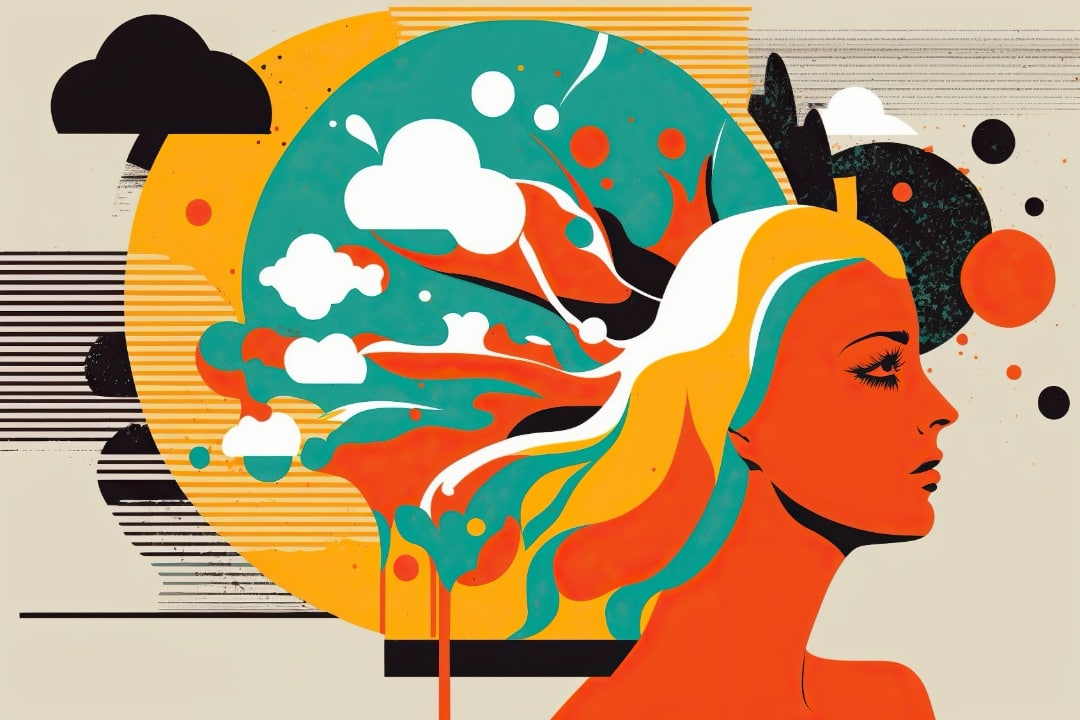
Have you ever heard of DMT? Dimenthyltryptamine, more commonly known as DMT, is a hallucinogenic drug that causes a brief but intense experience. People are less familiar with the substance than other hallucinogens, such as LSD or mushrooms, but the drug has grown more popular over the past decade.1
What is DMT?
DMT is a hallucinogenic drug, sometimes referred to as the “spirit molecule,” that causes vivid visual and auditory hallucinations. People do not tend to use the drug in club or party settings, like ecstasy or ketamine, but in specific settings to induce a spiritual “awakening” or to seek insight.2 Its effects are similar to those of LSD or psilocybin, and it is often used in a similar manner. It is a Schedule I controlled substance by the Drug Enforcement Administration and is illegal to possess or use.
DMT is a white crystalline powder derived from certain plants, namely the Ayahuasca plant, or synthesized in a lab. People use it by smoking or vaporizing it in a pipe or occasionally snorting or injecting it. Some evidence suggests the body naturally produces DMT. This lead to the urban legend that DMT is the chemical released when you die, implying that consuming DMT leads to a spiritual “near-death” experience.
DMT’s Effects on the Brain and Long-Term Hallucinogenics Effects
The short-term effects of DMT are sudden and intense. A DMT high is relatively short-lived, with effects setting in almost immediately, peaking between two to five minutes, and lasting for around a total of 30 to 60 minutes.1 These short but extreme effects are mainly psychological, causing strong visual and auditory hallucinations, euphoria, and an altered sense of time, space, and perception.
Long-term DMT use may cause a range of adverse effects. DMT is structurally similar to serotonin, which means heavy use or use in conjunction with other drugs containing serotonin can lead to serotonin syndrome. The condition occurs when a person’s body accumulates an excessive amount of serotonin, causing symptoms including confusion, agitation, high blood pressure, and loss of muscle coordination.
High doses of DMT can cause seizures, respiratory arrest, and coma. It can also exacerbate underlying or pre-existing psychological conditions, such as schizophrenia or psychotic disorders. Current research indicates that physical dependence on or addiction to DMT is not likely, but anecdotal reports of psychological cravings do exist.
Finding Help for Substance Abuse
Despite the nontraditional effects of DMT, there are still risks and dangers associated with its use. This is particularly true when it’s combined with other substances or mental health medications. If you or a loved one are struggling with DMT or other substance use, help is available.
Steps to Recovery is a premier mental health and addiction treatment program in Bucks County, PA. We provide a path to recovery by fostering a recovery-focused environment that promotes authenticity, connection, and integrity. Our facility offers partial hospitalization, intensive outpatient, and outpatient programs so you can find a program that’s right for you, no matter what your needs may be.
To learn more about our services at Steps to Recovery, call us at 866-488-8684 or submit an online contact form today.
References
- Medical News Today. (2023). Everything you need to know about DMT.
- National Institute on Drug Abuse. (2015). Hallucinogens and Dissociative Drugs.
Explore this article:
Explore Our Facilities
Drug and alcohol detox and residential treatment for addiction and mental health disorders
Outpatient treatment center for substance use disorder and mental health disorders
Outpatient treatment center for substance use disorder and co-occurring mental health disorders







